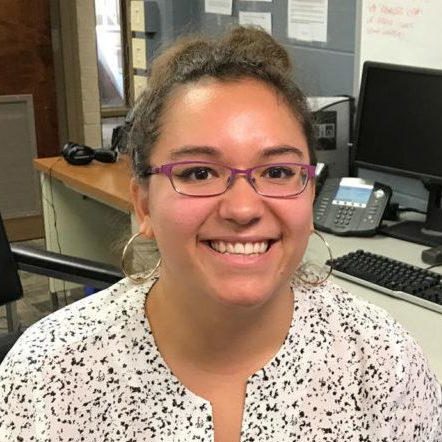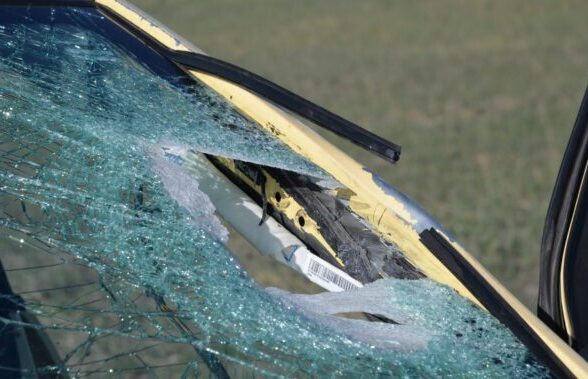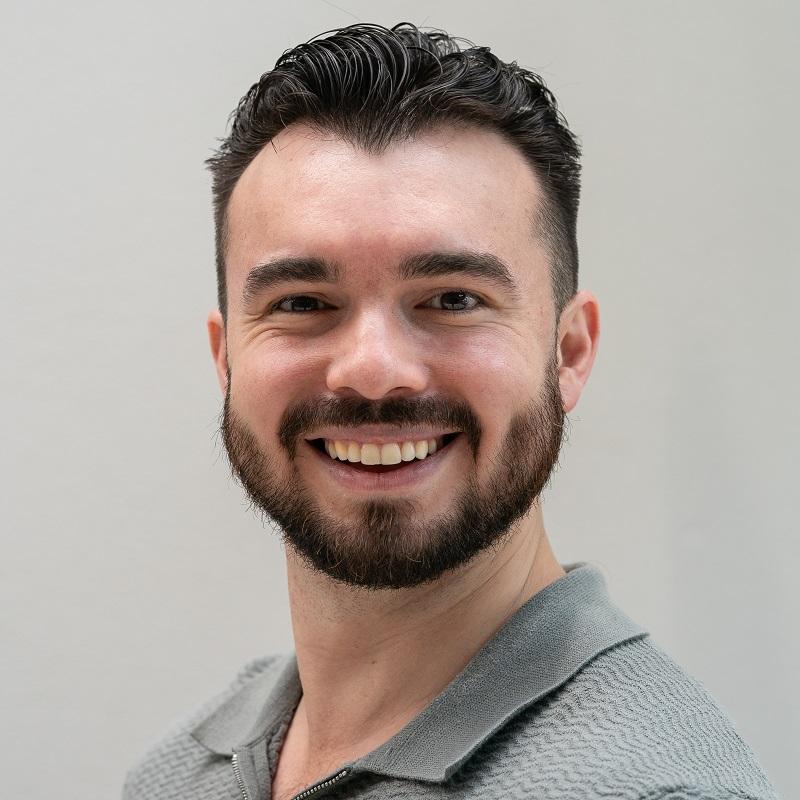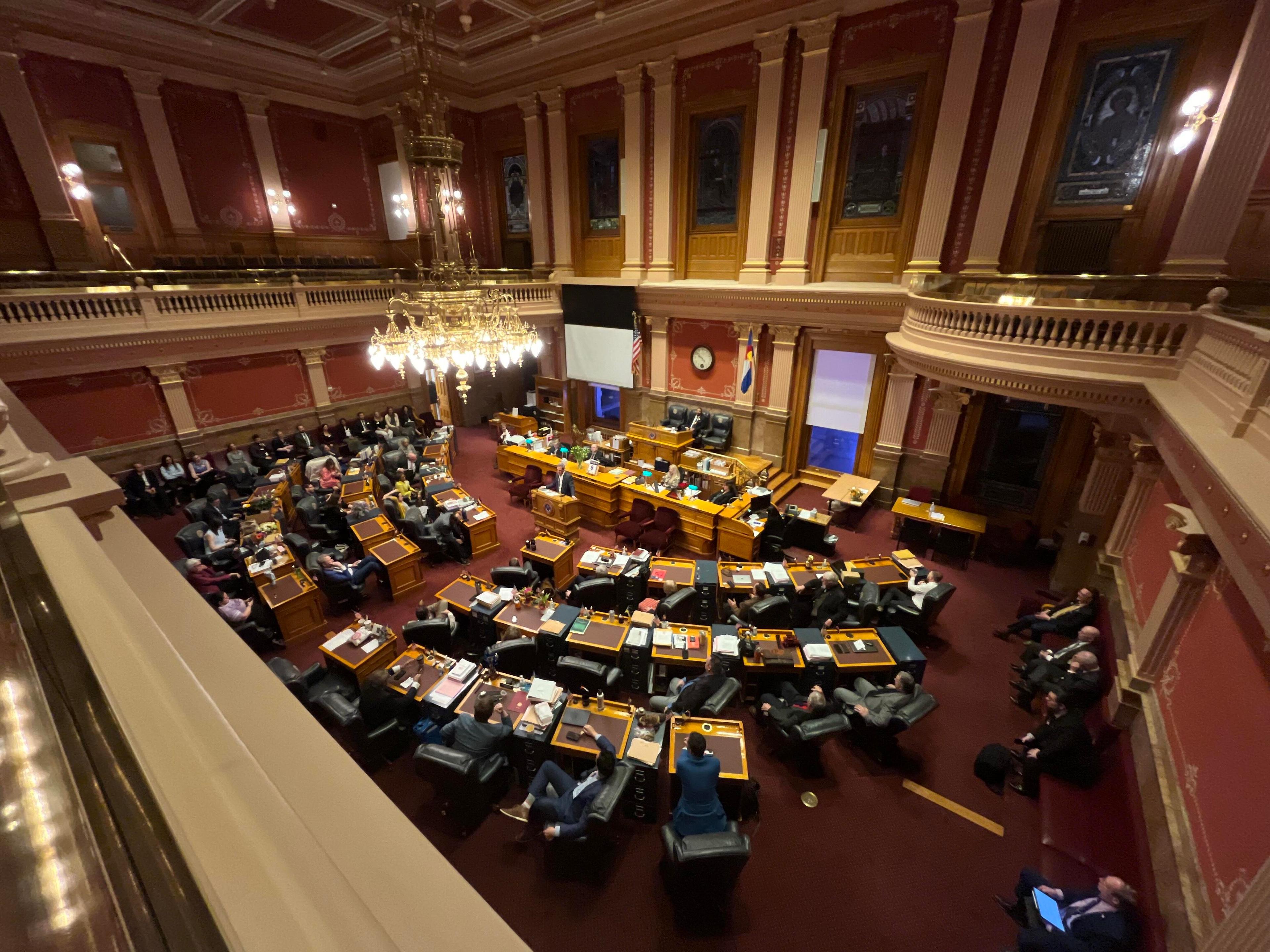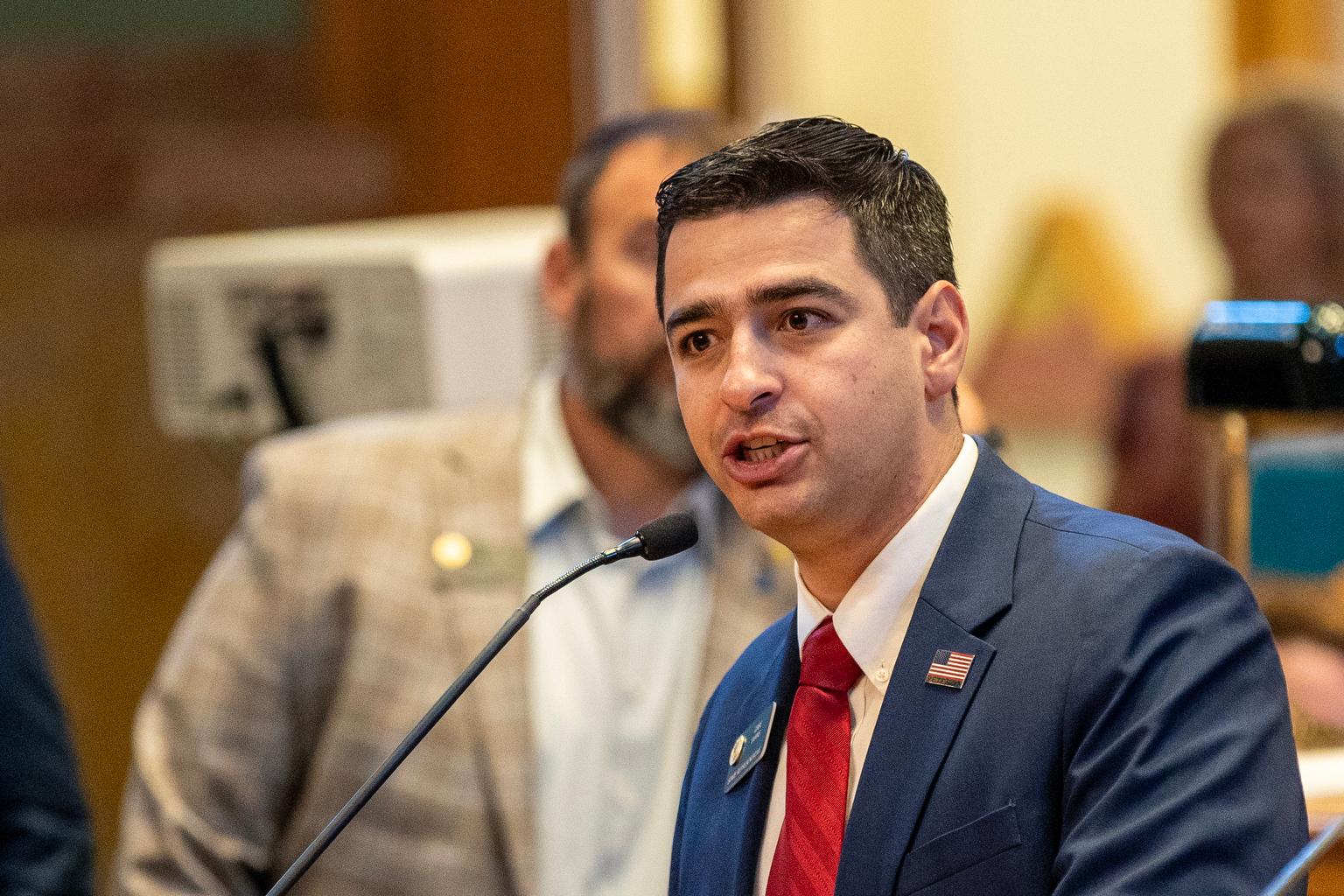Melody Alvarez
Early literacy senior librarian for the Pikes Peak Library District
On How COVID-19 Changed Library Programs
As soon as we heard news of COVID-19, we saw that other libraries throughout the country were making changes or canceling. My team knew that we were going to have a plan in case something were to come.
We jumped on board to start scheduling virtual programs, [which] was definitely a learning curve because we had to learn all new technology. Our job is to make sure that the community is getting what they need. So we're making sure that parents, teachers, and just everyone in El Paso County knows that we're still here.
We're doing virtual storytimes three times a week. In addition, we're also doing things like crafts and science experiments. Instead of having our daily programs at the library, we're just trying to bring it to our patrons online. It's something that I see is a new trend and that we're definitely going to have to continue even while we are open. It reaches a lot of parents, working parents, families. They could have access to this all the time.
On Virtual Storytimes
It's fun because I do have a three-year-old, so she'll sit in and watch me do a storytime as I'm practicing to record it. And later on, I'll hear her singing the [storytime] song, so she's catching on as well.
It just melts my heart. Normally when I was at the library, I'd be doing these programs and I would have that mom guilt of, "I wish my daughter could be here at storytime," and now she is.
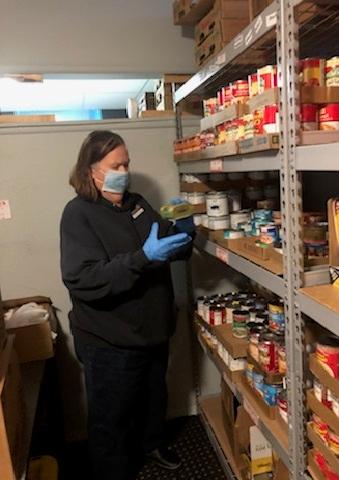
Laurie Trindal
President of the Pantry of Fremont
On How COVID-19 Changed the Pantry's Distribution Schedule
We are a 100% volunteer food pantry. We serve people in the Cañon City and Fremont County area. Up until a couple weeks ago, we were open every Tuesday evening and every Friday morning.
But with what's happening right now, we decided a few weeks ago to convert to drive-thrus. We're probably only going to be able to do one or two a month now, instead of the normal two every week.
We didn't run out of food but we got very low. We serve several hundred people every single month. Where our pantry is located, we have a lot of seniors raising their grandkids and great-grandkids and we have a lot of folks that are in transition or homeless that come to us seeking food to help them supplement whatever they might be able to get from other resources.
Challenges Operating the Food Pantry
Although we're probably one of the largest standalone food pantries in Fremont County, we don't have excess freezers and refrigerator space. So when we get fresh produce, it needs to go out within the next day or two, and to have it bagged and worry about all that, that's getting kind of rough. We're trying to limit and only get pre-packaged perishables and [fruit] like apples, oranges, pears.
On Keeping Morale Up with Volunteers
I think we're doing a good thing. So far, my health is holding and our volunteers, everyone's doing the masks and the gloves. We're constantly sanitizing, wiping down even doorknobs, light switches, telephones, all of that stuff. That's kind of wearing on people. But we're trying to locate our volunteers and make sure that those that are coming are not sick. We're gonna get through this together. We have an awesome group of volunteers and we work together really, really well.
We're just trying to bless as many people as we can and keep their bellies full, or at least not empty. I don't know if we can keep them 100% full but we're doing the best we can. We just thank our community for helping us continue to do that.
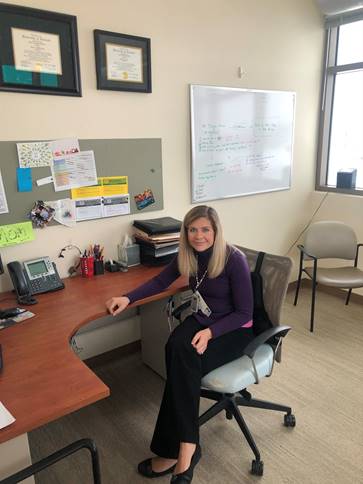
Andrea Rehmert
Clinical psychologist and section chief for the VA Eastern Colorado Healthcare System
On Her Job at the VA Before COVID-19
As a section chief for mental health in southern Colorado, I'm covering all of the outpatient clinical services in Colorado Springs, Pueblo, Lamar, La Hunta, Salida, Alamosa, and Burlington. I'm helping support the other clinicians in our clinic to make sure that veterans are getting seen when they need to be seen, coordinating evidence-based psychotherapies and medication appointments.
On Shifting to Virtual Appointments
So, things have definitely changed since COVID-19 started. [Editor's note: Since April 1, facilities in the Eastern Colorado Health Care System have stopped face-to-face appointments but continued virtual care.] However, the VA is a leader in telehealth, which is pretty awesome. We were already starting to transition to more virtual care, and this just sped up our process.
Currently, what this means for us is we are doing a lot of appointments now via VVC, which is VA Video Connect. It's really a modality of care that allows us to provide psychotherapy or medication management to the veteran's home, or anywhere that that veteran is. With some of the changes, it's been really exciting to see all of our providers really embrace this new technology that we have.
We actually had just had a call with folks from our VA central office and they were showing some national data [on visits]. While the face to face visits have gone down over the past month due to obvious reasons, the telephone and VVC appointments have skyrocketed. So, what that means to me is that really the same amount veterans are receiving care, it's just a different modality.
We want to hear from you. Tell us how you are Shortening the Distance.
